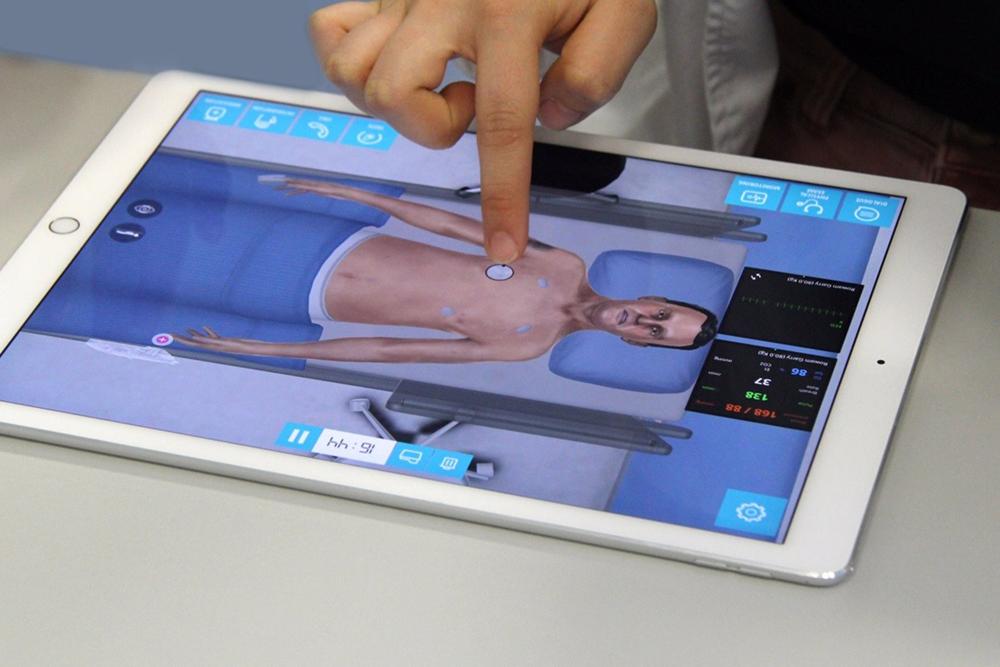
A study by the Polytechnic University of Valencia and the Regional Office for Europe of the World Health Organization (WHO Europe) has concluded that the use of artificial intelligence (AI) in mental health services and research has «potential,» but currently has «significant shortcomings» that may indicate a «too rapid introduction of new AI models that have yet to be evaluated as viable in the real world.»
In 2021, more than 150 million people in Europe were living with a mental illness. In recent years, the COVID-19 pandemic has worsened the situation. People have been less able to access services, and increased stress, adverse economic conditions, conflict and violence have highlighted how vulnerable mental health can be.
In parallel, AI has been giving rise to a revolution in medicine and healthcare. AI is seen as a novel tool in mental health service planning, as well as in the identification and monitoring of mental health problems in individuals and populations.
AI-based tools can use digitized health data (available in a variety of formats, such as electronic medical records, medical images, and handwritten clinical notes) to automate tasks, support clinicians, and deepen understanding of the causes of complex disorders.
«Given the increasing use of AI in healthcare, it is relevant to assess the current state of AI application for mental health research to inform on trends, gaps, opportunities and challenges,» explained Spain’s David Novillo-Ortiz, regional advisor for Data and Digital Health at WHO Europe and co-author of the study.
Their research analyzed the use of AI for studies of mental health disorders between 2016 and 2021. In their work, they found that the use of AI applications in mental health research is «unbalanced» and is mainly used to study depressive disorders, schizophrenia and other psychotic disorders.
«This indicates a major gap in our understanding of how they can be used to study other mental health conditions,» highlighted Ledia Lazeri, regional advisor for Mental Health at WHO Europe.
The study detected «major flaws» in the way AI applications process statistics, «infrequent» data validation and «poor» assessment of the risk of bias.
In addition, there are other aspects of «concern» for researchers, such as the «lack of transparency in reporting on AI models, which undermines their replicability.» According to the study, data and models «remain mostly private, and collaboration between researchers is scarce».
«The lack of transparency and methodological flaws are worrisome, as they delay the practical and safe application of AI. In addition, data engineering for AI models seems to be overlooked or poorly understood, and data is often not properly managed. These important shortcomings may indicate a too-rapid promotion of new AI models without stopping to assess their real-world feasibility,» explained Novillo-Ortiz.
Antonio Martínez-Millana, assistant professor PhD at the Polytechnic University of Valencia and co-author of the study, added that «artificial intelligence stands as the cornerstone of the next digital revolution».
«In this study we have been able to glimpse what is to come in the next few years and which will drive healthcare systems to adapt their structures and procedures to advance in the provision of mental health services,» he remarked.
The study was presented at an event organized by WHO Europe on December 7 that brought together experts from across Europe to discuss how to realistically use AI models in the planning of mental health services, as well as safety and success factors, such as the involvement of people with mental disorders in the development process.
Source: (EUROPA PRESS)






